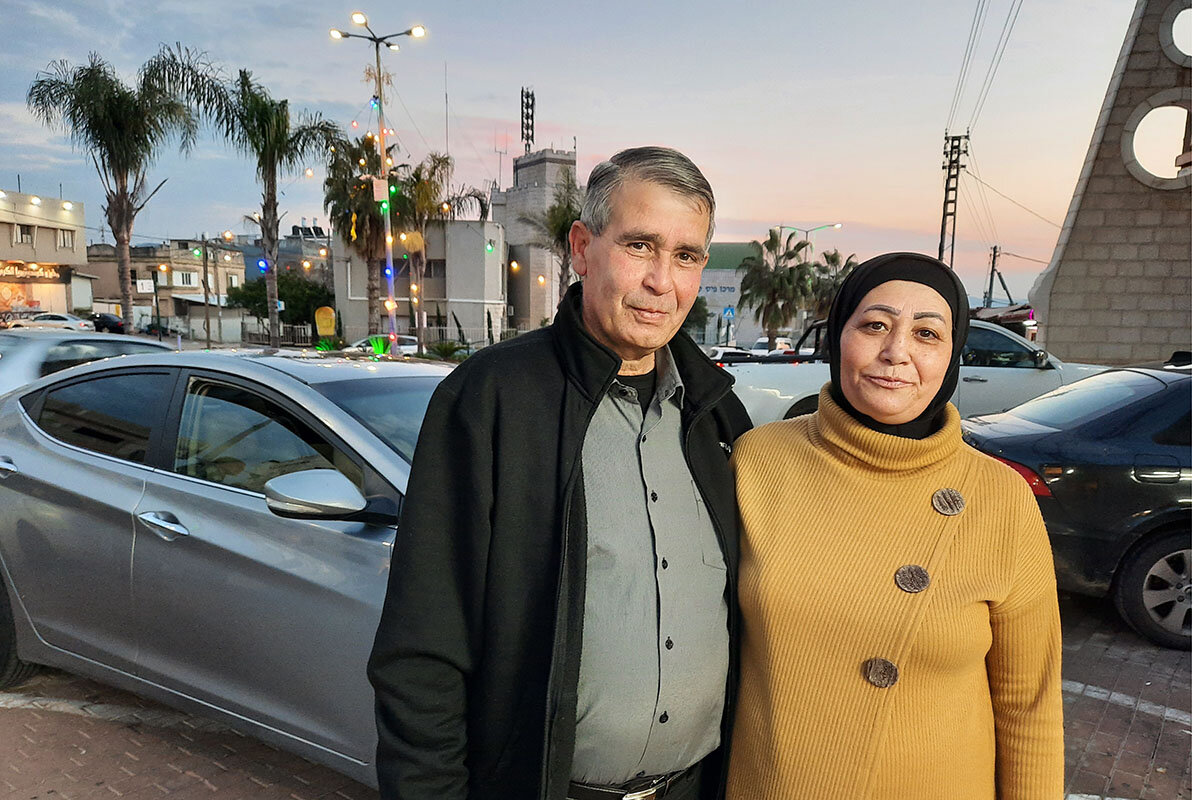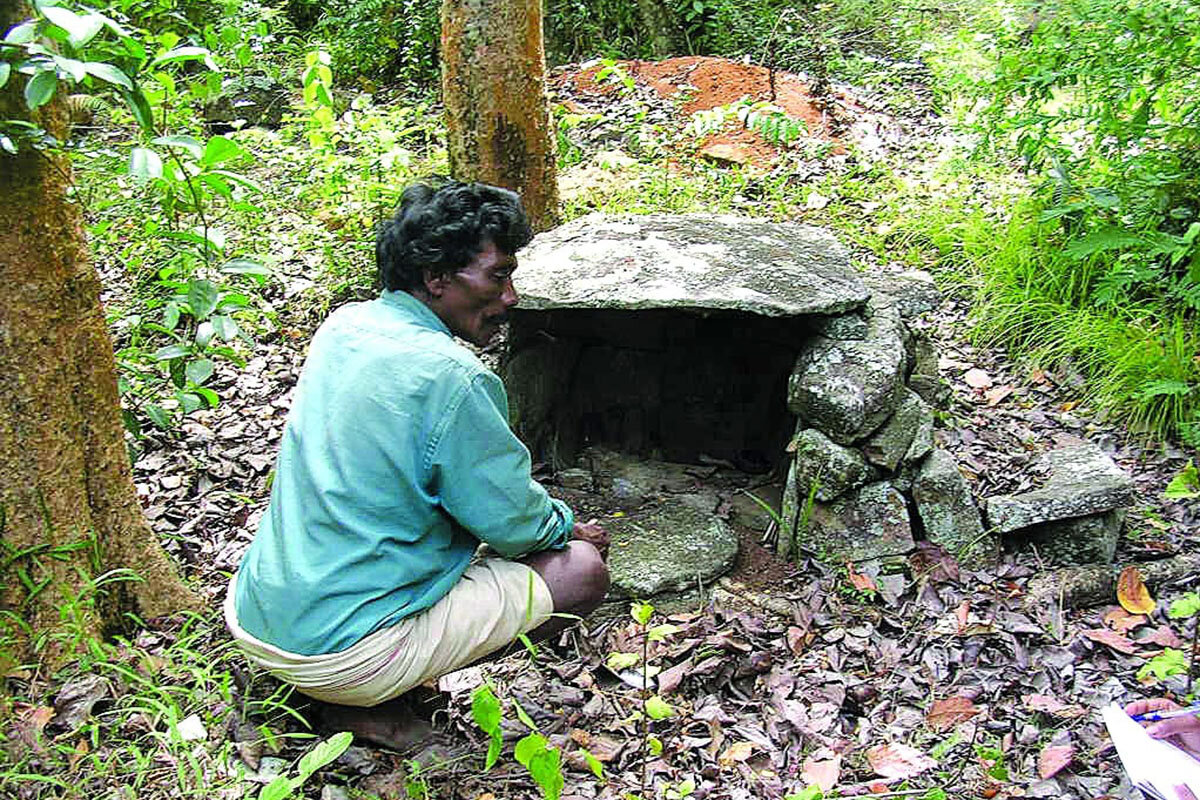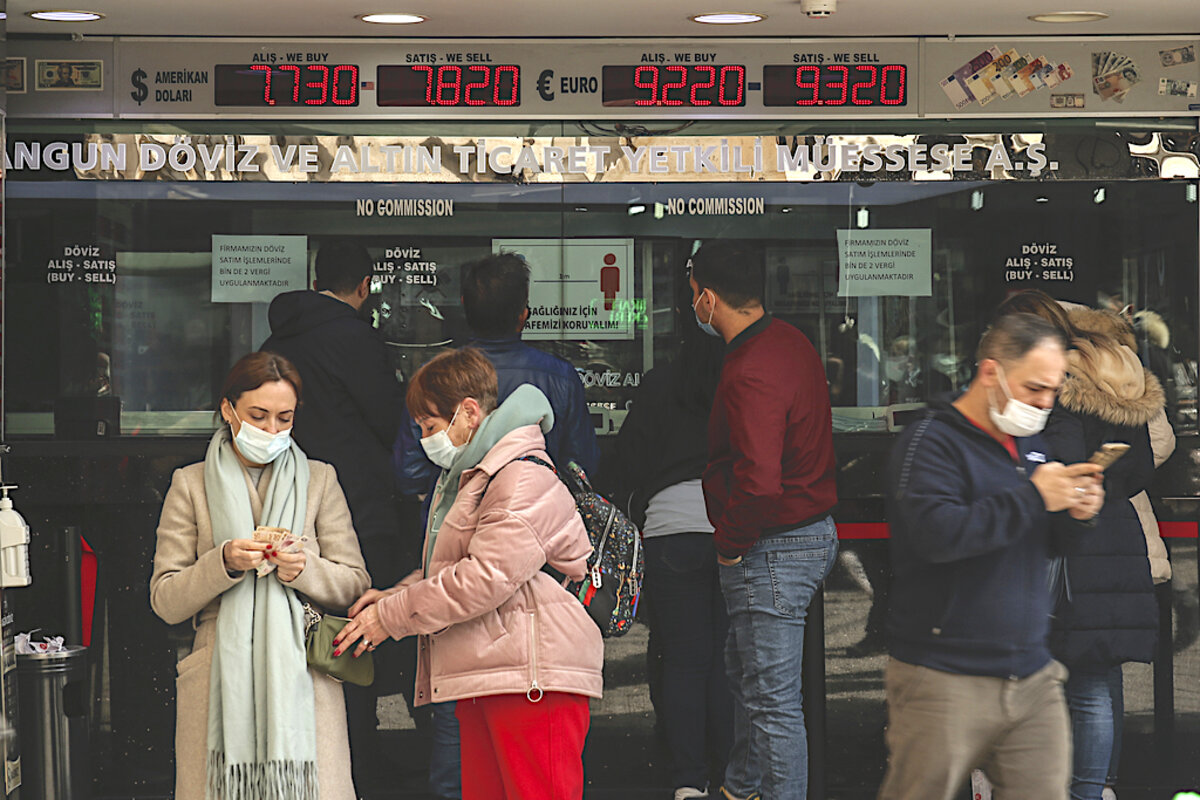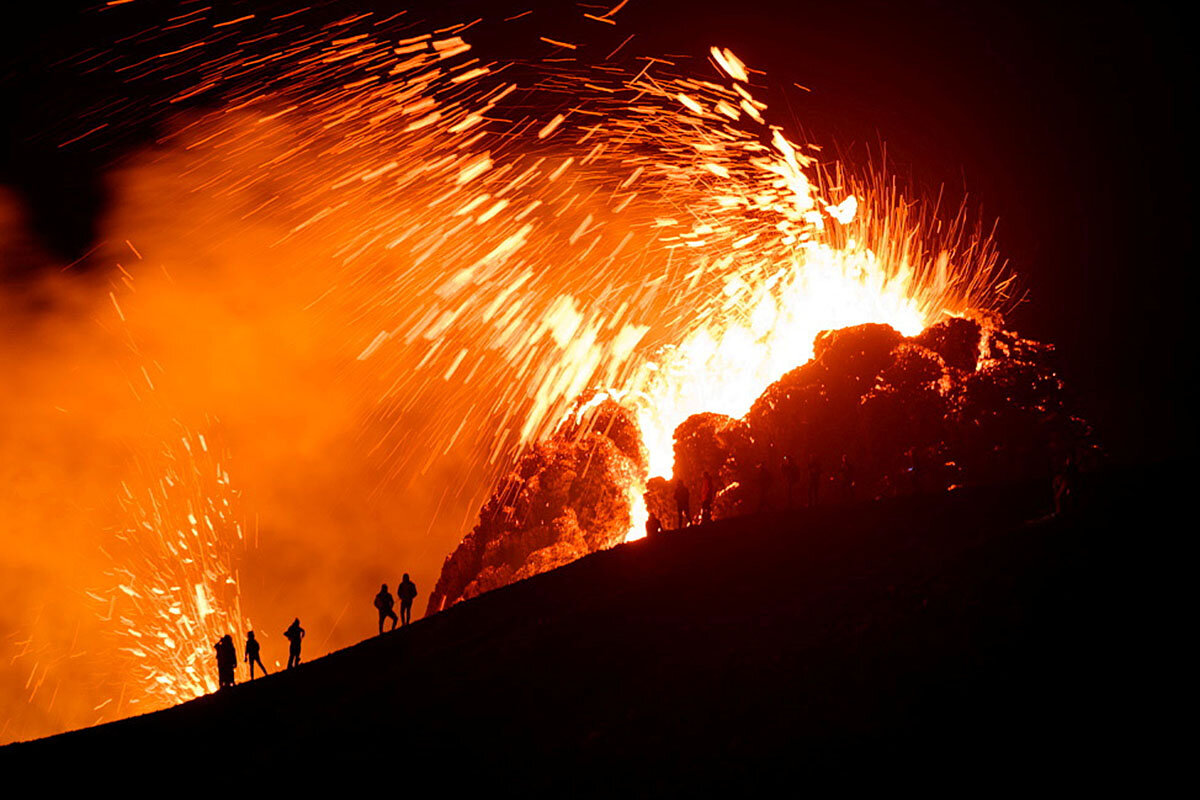In Israel, the avid pursuit of Israeli Arabs’ support in tomorrow’s tight elections reflects a shift in Arabs’ and Jews’ attitudes toward each other as potential political partners. How much of one?
Monitor Daily Podcast
- Follow us:
- Apple Podcasts
- Spotify
- RSS Feed
- Download
 Clayton Collins
Clayton Collins
This “late stage” pandemic seems to be swaying social behaviors, particularly in the United States. It’s testing patience and promoting some self-serving practices.
Spring break crowds caused a melee in Miami Beach over the weekend, and the city had to crack down. But messages are mixed. Florida is also among the states racing to regain normalcy.
How close is the kind of daily life for which a tired society understandably yearns? Misinformation in both directions reinforces different realities. So where to turn for hope, not only around getting through this crisis but also for averting, or at least cushioning, another? Some of it is good-faith outreach.
Success shows up when there’s a cultural drive for collectivism – thinking of others and of future generations – over gratification and self-interest. That thinking is central to some Indigenous traditions.
The core value of Maori culture, manaakitanga, is credited with contributing to New Zealand’s early emergence from the pandemic. It maintains that others have greater importance than oneself. Call it herd unity.
In the U.S., federally recognized tribal governments looked past limitations – weak infrastructure, limited funding – and leaned on community trust to extend care to their own people, and beyond.
“We knew how to reach our population, despite these obstacles,” Abigail Echo-Hawk, a Native American health board officer and member of the Pawnee Nation, told Axios, “because we’ve been having to overcome these obstacles for some time already.”








